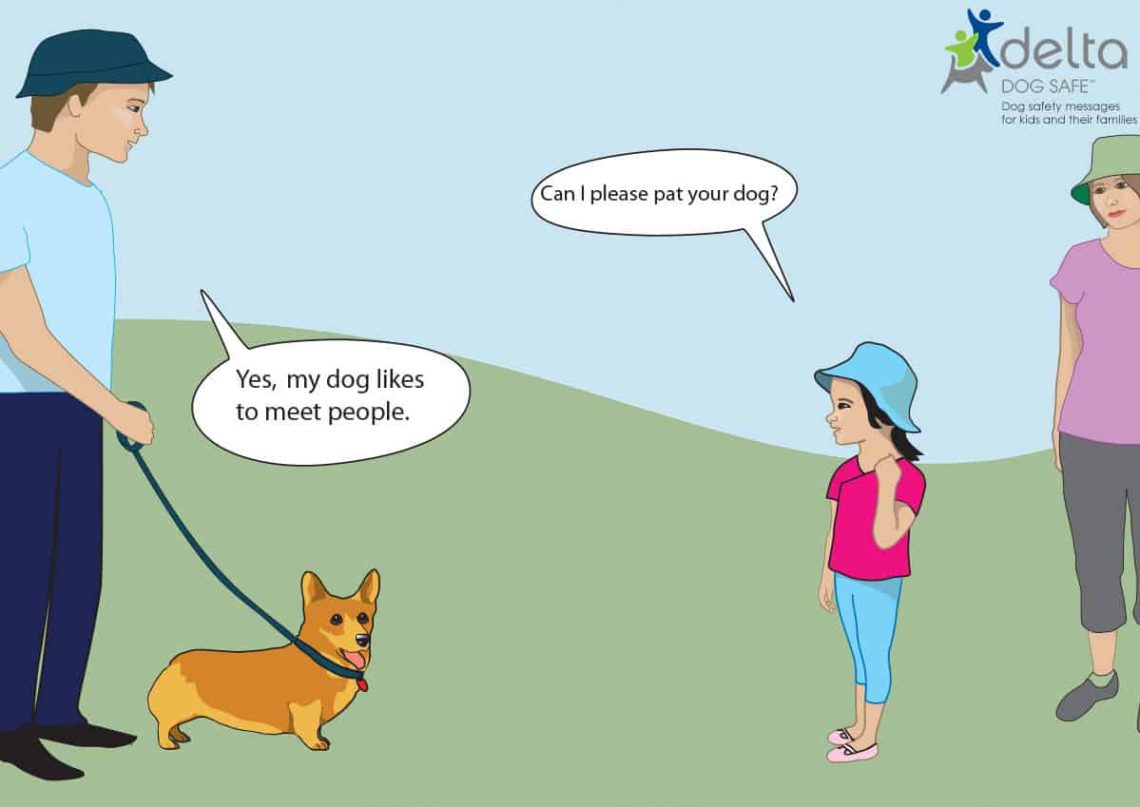
The child asks the dog: what to do
Children ask for a puppy, even desperately demand. Every holiday, every birthday, every time they bring a good grade from school, they raise this issue. They are relentless, but parents are tormented by doubts. A pet is not only a wonderful addition to the family, but also a great responsibility. What is the best age to get a dog for a child? How to understand whether a child is ready for such responsibility, and if not, how to explain it to him?
As with any major decision, this is not a decision that can be made without weighing the pros and cons. You can’t get a dog without making sure that the family is ready for it.
Contents
The child wants a dog: ask for time to think
If your child usually asks for a puppy on special occasions, such as a birthday or other holiday, you need to remind him not to take a pet as a gift. The arrival of a pet in the house will lead to significant changes in the lifestyle of the entire family, because a pet is not a toy. You should talk to your child about the mass of responsibilities that the appearance of an animal in the house will entail, and explain to him that a holiday is not a reason to get a pet.
Such a conversation will give adults time to consider whether the child is ready to help care for a pet, and will make the child think about the same. You can ask him to make a list of three reasons why he wants to get a puppy, and three ways he will help in caring for him.
The child wants a puppy: at what age is it better to start it
There is no perfect age for an animal to enter a home. Each child reacts to this event differently, each dog moves to a new home in its own way, and each family situation is unique. Some children are born into families with pets, while others do not have pets before adolescence.
Knowing the characteristics of the character and behavior of the child will help determine what to do when he asks for a puppy. First, the age of the child must be taken into account. Toddlers will not be able to help care for the pet, but they will get great pleasure from communicating with him. Teenagers can be great helpers, but if they’re often out of the house doing their own thing, they may not have time to take care of the dog. School-age children often beg for a puppy and can be quite involved in caring for a dog if they understand that a pet is not a toy.
Toddlers can help by feeding the dog daily, while teens can walk the pet or play with it in the backyard to burn off its energy. Children of all ages can help with toilet training if they take the puppy outside.
To check whether the child is ready for the appearance of a dog in the house, you can give him a small test task. In addition to making a list of reasons why he wants a dog and how he can help, you can give your child a few similar tasks to complete over the course of several weeks and see how he copes with them.
For example, you can instruct your child to water indoor plants. This is similar to how then he will have to water the dog. You can also instruct him to clean up his toys – similar to how the baby will then clean up after the dog on the street or collect her toys scattered around the house. If the child is doing well with new tasks, he may be ready to take on the responsibilities associated with caring for a dog.
It may be better to take an adult dog rather than a puppy. Young children adore puppies, but in general they will be delighted with the appearance of any dog in the house. Puppies, like children, grow and learn about the world around them and require additional care that adults will have to deal with as parents of TWO children in the house.
How to tell your child not to have a pet
Even if parents love animals, they may come to the conclusion that their child is not yet quite ready for the appearance of a four-legged tenant in the house. There are many reasons why the time may not be right, so you should be honest with your son or daughter about what influenced such a decision.
For example, if a teenage child cannot keep his room clean, he will also not participate in the daily chores of keeping a dog. You should explain this to him, and then give him the opportunity to work on developing a sense of responsibility. If he makes a sincere effort, it might be worth rethinking your decision.
In addition, the time to adopt a pet may not be appropriate due to certain life circumstances. If there is not enough space in the house for a comfortable life with a dog, or the family spends a lot of time away from home for work, study, and other activities, it may just not be time for new commitments. It is better to be honest with the child so that he can better understand the arguments of the parents, because the decision to get a dog is a serious step for the whole family.





